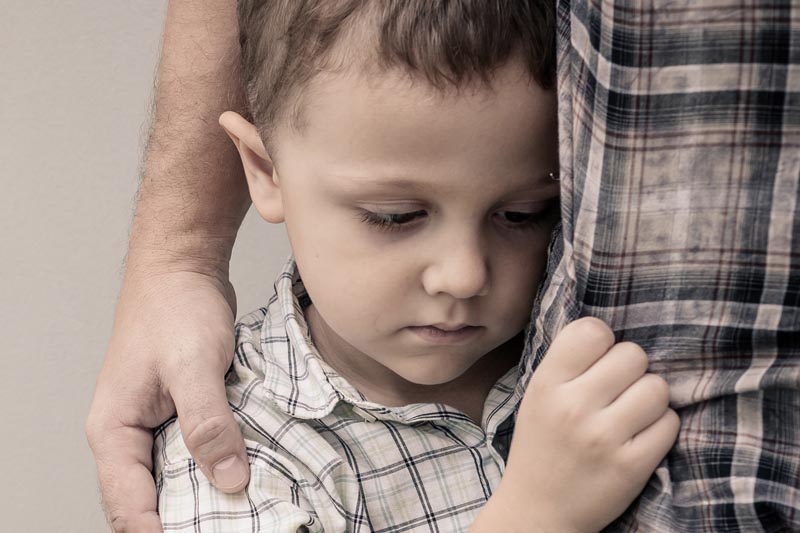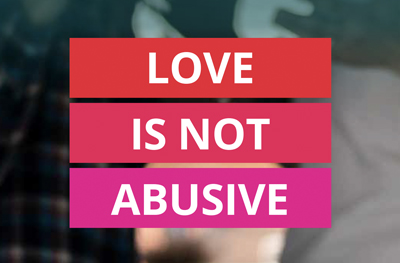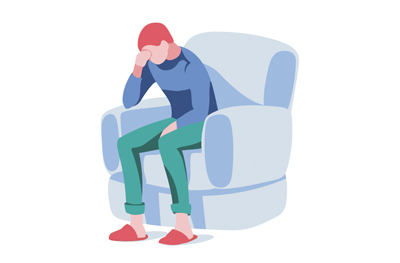This article is an excerpt from our digital resource “A Guide to Talking to Children when a relative has died” available here. It is focused on giving children support when they are grieving.
Giving children support when they are grieving essential, but can feel challenging. Nothing you say can or should try to take away the hurt or the pain of their loss. However, sensitivity and appropriate responses are essential at this difficult time. This guide aims to help support parents in their communication with their children after the loss of a loved one. This is a time when everyone is coming to terms with the loss and beginning the grieving process.
The way that children and young people respond to a bereavement will vary depending upon
- Their age and their understanding of death.
- Who has died.
- The nature of the relationship with the person who has died.
- How the person died.
- The degree of disruption the death has caused to the child’s life.
- How the adults close to them are affected.
- How much opportunity they have to express their experience of the loss.
- Their level of resilience.
What do children need when they are grieving?
- To know that they will be cared for.
- Clear, age appropriate information about what happened. Children report that this cannot make things worse for them and that not knowing is harder.
- For you to find out what they already know and what their understanding is.
- For their questions to be answered clearly and honestly.
- To know that they, their thoughts or behaviours were not to blame for the death.
- For their routines to be kept as normal as possible.
- An explanation of what happens at a funeral.
- To be included in the funeral arrangements if they want to be.
- Support to explore their feelings when they are ready. Be ready to accept they may not feel anything at the moment.
- To be encouraged to tell you what they need when they are ready.
- To be allowed and helped to remember the person who has died.
- To be allowed to say goodbye.
- To meet other children in similar circumstances.
- To be allowed to be sad.
- For you to accept that their style of grieving might mean spending some time being sad and crying and then taking time to play.
When do children need counselling support?
The following might suggest that counselling support could be helpful:
- Persistent feelings of sadness, hopelessness or fear.
- Continued anxiety.
- Constant or intense anger (with or without violence).
- Extreme changes in behaviour at school or home.
- Unusual changes in sleeping or eating.
- Suicidal thoughts.
- Use of substances, e.g. alcohol or drugs.






